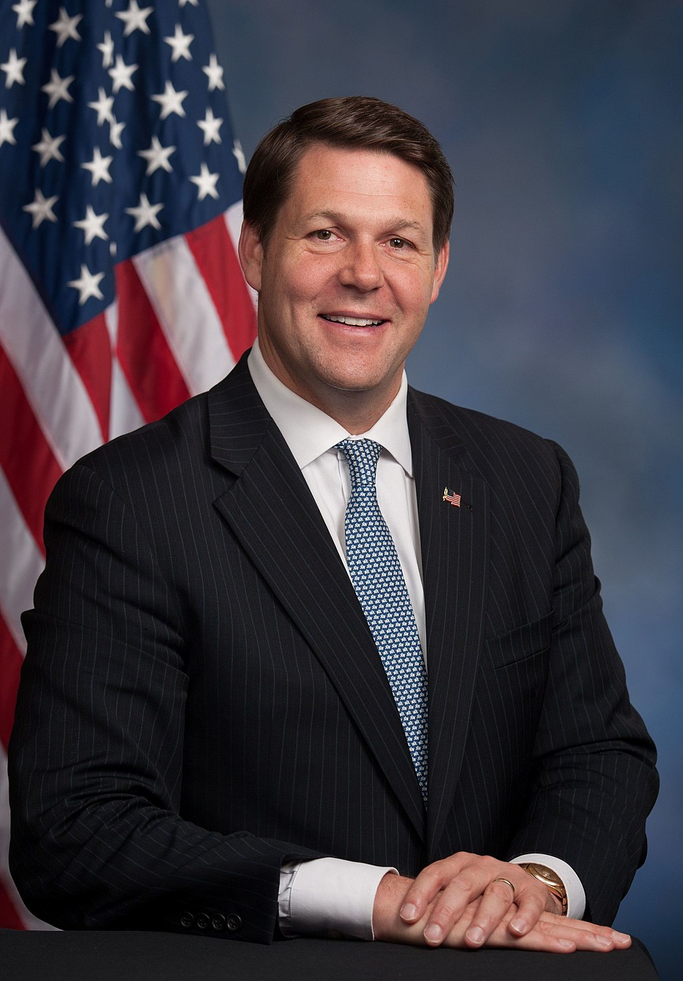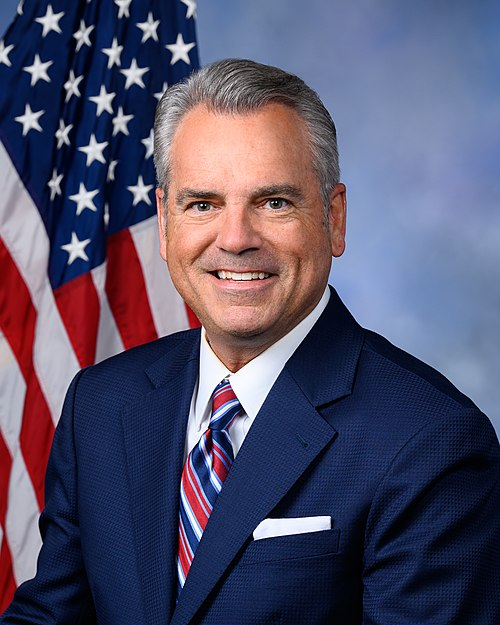H.R. 5564: To amend the Federal Insecticide, Fungicide, and Rodenticide Act to provide for improved coordination between the Administrator of the Environmental Protection Agency and the Secretary of Agriculture, and for other purposes.
This bill proposes amendments to the Federal Insecticide, Fungicide, and Rodenticide Act (FIFRA) aimed at enhancing collaboration between the Environmental Protection Agency (EPA) and the Department of Agriculture (USDA). Here are the key points of the bill:
1. Improved Coordination
The bill seeks to improve the coordination between the Administrator of the EPA and the Secretary of Agriculture in various aspects related to pesticide management and regulation. This change is specifically focused on:
- Risk Mitigation Measures: If any risk mitigation measures are needed for pesticides, the EPA Administrator will work closely with the Secretary of Agriculture to develop these measures.
- Economic Analysis: The Administrator will publish an economic analysis that assesses the costs and benefits of implementing these risk mitigation measures, which will include considerations for growers, state agencies, and other entities affected.
2. Data and Information Coordination
To facilitate better decision-making regarding pesticide registration and reviews, the bill establishes the following requirements for data sharing:
- The Administrator must coordinate with the Secretary of Agriculture to obtain agronomic use data from both the USDA and industry, as well as information regarding alternatives to the pesticides under review.
- When making decisions, the Administrator is required to publish details about how the data provided by the Secretary of Agriculture was used (or why it was not used) in the decision-making process.
3. Collaboration on Endangered Species Act Compliance
The bill also includes provisions for the coordination among the EPA, USDA, and the Secretaries of the Interior and Commerce regarding the implementation of reasonable and prudent actions for pesticides that could affect endangered species. This includes:
- Reviewing developed actions and measures stemming from consultations under the Endangered Species Act.
- Evaluating options for these actions in a manner that weighs the risks and benefits associated with pesticide use.
- Providing feedback on how such measures impact pesticide end users.
4. Modification of Coordination Requirements
There is a provision allowing for the exemption or adjustment of these coordination requirements for specific actions if there is an agreement between the Administrator, the Secretary of Agriculture, and the pesticide registrant. Any such agreement must be made public.
5. Summary of Intent
The overall intent of the bill is to establish a stronger framework for collaboration between key federal agencies involved in pesticide regulation, improving the process of assessing risks and benefits related to pesticides, and ensuring that economic impacts are considered in decision making.
Relevant Companies
- DOW: As a major producer of agricultural chemicals, including pesticides, DOW could be directly impacted by the changes in regulations and coordination processes under this bill.
- BAYRY: Bayer, through its Crop Science segment, produces a wide range of pesticides. Changes to the regulatory process could affect its product development and registration timelines.
- CF: CF Industries, while primarily focused on fertilizers, could be indirectly impacted if changes in pesticide regulations affect overall agricultural practices in the U.S.
This is an AI-generated summary of the bill text. There may be mistakes.
Sponsors
2 bill sponsors
Actions
2 actions
| Date | Action |
|---|---|
| Sep. 26, 2025 | Introduced in House |
| Sep. 26, 2025 | Referred to the House Committee on Agriculture. |
Corporate Lobbying
0 companies lobbying
None found.
* Note that there can be significant delays in lobbying disclosures, and our data may be incomplete.











